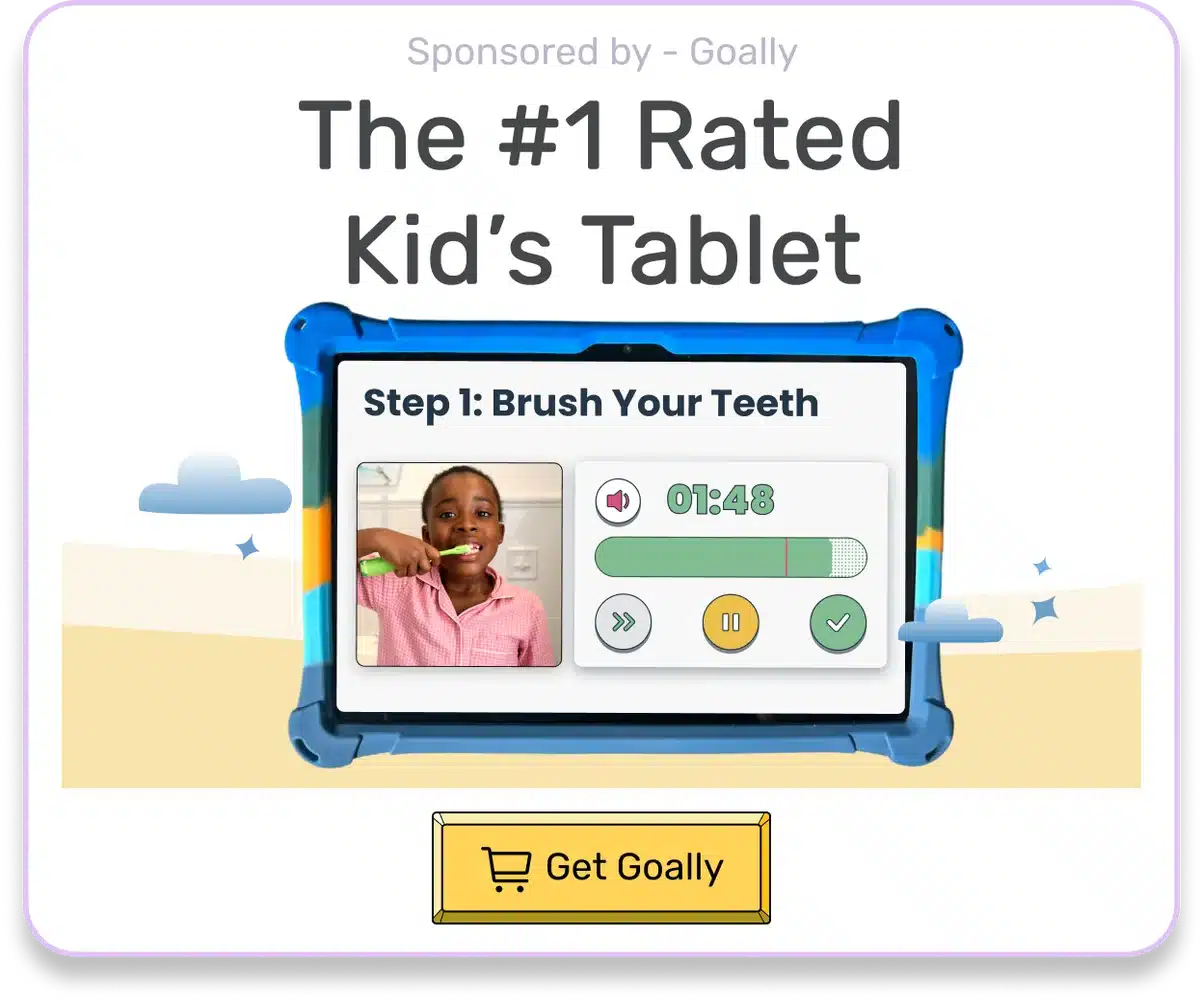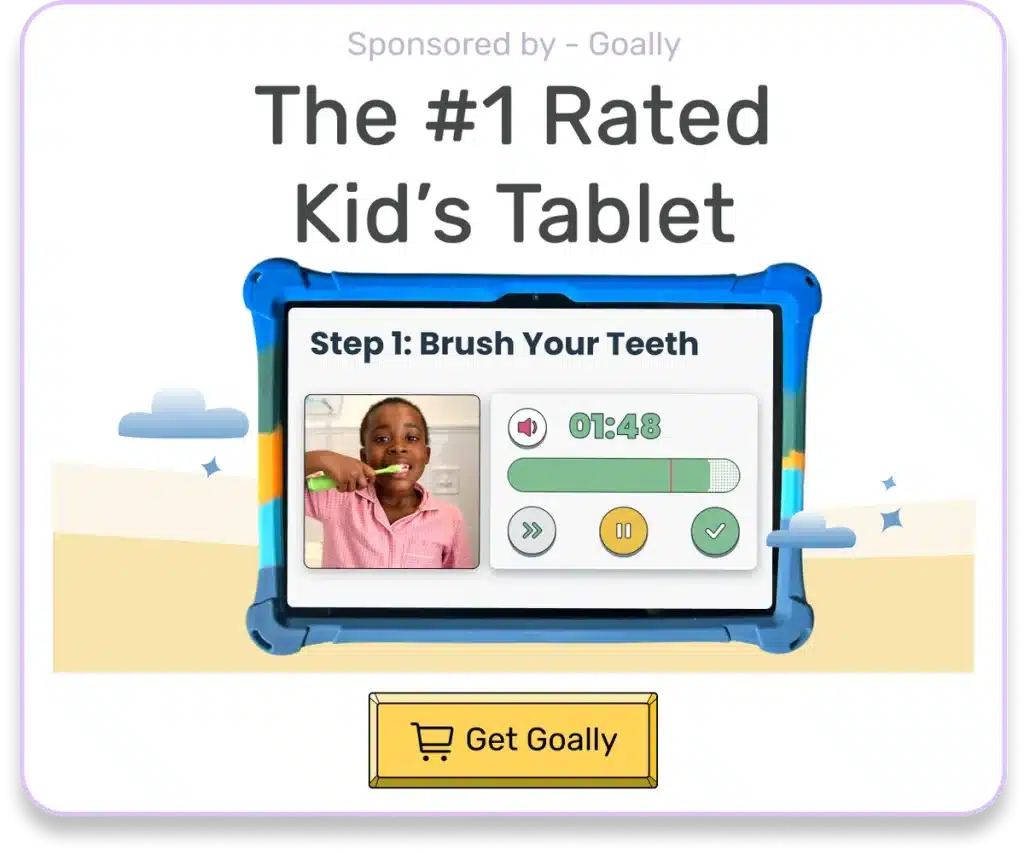What are annoying ADHD behaviors? Many parents of neurodivergent kids face challenges in understanding and managing the unique behaviors that come with Attention Deficit Hyperactivity Disorder (ADHD). In this blog post, we’ll explore some common ADHD behaviors that can be frustrating for parents and caregivers, and provide helpful tips on how to address them effectively. So, let’s get started on this journey to better understand and support our kids with ADHD.
Table of Contents
Impulsivity
One of the hallmarks of ADHD is impulsivity. Kids with ADHD often act without considering the consequences, which can lead to accidents, conflicts, and misunderstandings. It’s essential to help your child manage impulsivity so they can make better decisions and avoid unnecessary trouble.
Here are some ways to help your child manage impulsivity:
- Set clear expectations and consequences for their actions.
- Encourage them to pause and think before they act.
- Use visual reminders, like a stop sign or a thinking bubble, to prompt them to consider their actions.
Moreover, it’s important to reinforce positive behavior when your child demonstrates thoughtfulness and self-control. This will help them understand the value of thinking before acting and encourage them to continue practicing impulse control.
Hyperactivity
Hyperactivity is another common ADHD trait that can be exhausting for parents. Kids with ADHD may seem like they’re always on the go, constantly fidgeting, and unable to sit still. To help channel their energy in a positive way, it’s crucial to provide them with appropriate outlets and tools.
Try these strategies to manage hyperactivity:

Read more: What are the Annoying Behaviors of ADHD?
- Provide opportunities for physical activity throughout the day.
- Offer fidget tools or stress balls to help them focus.
- Create a designated “calm down” space where they can go to relax and regroup.
Additionally, consider incorporating mindfulness exercises, such as deep breathing or meditation, into your child’s daily routine. These practices can help them learn to calm their minds and bodies, making it easier for them to manage their hyperactivity.
Inattention
Inattention can be a significant challenge for kids with ADHD. They may struggle to stay focused on tasks, lose track of time, or have difficulty following instructions. To help your child improve their attention span, it’s essential to create an environment that supports focus and organization.
Consider these tips to help your child with inattention:
- Break tasks into smaller, manageable steps.
- Use visual aids, like checklists and schedules, to keep them on track.
- Minimize distractions in their environment.
Furthermore, you can help your child develop better focus by teaching them time management skills. For example, using a timer during tasks can help them stay on track and understand how long they should spend on each activity. This will not only improve their attention but also teach them valuable life skills.
Goally | The Tablet for Neurodiverse Kids

Read more: 5 Emotional Dysregulation Activities for Kids
Emotional Dysregulation: The Roller Coaster Ride
Kids with ADHD may experience intense emotions and have difficulty regulating their feelings. This can result in mood swings, meltdowns, and conflicts with others. To support your child in managing their emotions, it’s important to teach them coping strategies and provide a safe space for them to express themselves.
Try these approaches to help your child with emotional dysregulation:
- Teach them coping strategies, such as deep breathing or counting to ten.
- Validate their feelings and help them express themselves appropriately.
- Model healthy emotional regulation by staying calm and composed during challenging situations.
It’s also essential to maintain open communication with your child about their emotions. Encourage them to share their feelings with you and offer support and understanding. This will help them feel heard and valued, making it easier for them to manage their emotions effectively.
Disorganization
Disorganization is a common struggle for kids with ADHD. They may have difficulty keeping track of belongings, managing time, or maintaining a tidy living space. To help your child develop organizational skills, it’s essential to create routines and structure that support their success.
Consider these suggestions to help your child with disorganization:
- Create routines and structure for daily tasks.
- Use labels, bins, and color-coding to keep items organized.
- Encourage them to use planners or digital tools to manage their time and responsibilities.
In addition to these strategies, involve your child in the organization process. This will help them take ownership of their space and belongings, making it more likely that they will maintain the organization system you’ve established together.

Read more: What are the 3 Main Symptoms of ADHD?
6. Social Challenges
Kids with ADHD may have difficulty with social interactions, often due to impulsivity, inattention, or emotional dysregulation. This can lead to misunderstandings and conflicts with peers. To support your child in developing social skills, it’s important to provide guidance and opportunities for practice.
Try these strategies to help your child with social challenges:
- Role-play social situations and practice appropriate responses.
- Encourage them to join clubs or activities where they can connect with like-minded peers.
- Provide guidance on reading social cues and understanding nonverbal communication.
Lastly, be patient and understanding as your child navigates social situations. It may take time for them to develop the skills they need to interact successfully with their peers. With your support and encouragement, they can make progress and build lasting friendships. How do you tell if it’s ADHD or bad behavior?
Try Goally For Your Child With ADHD
Goally helps kids with ADHD stay focused and build skills. Unlike a Kindle or an iPad that kids get easily distracted on, Goally has no YouTube, no social media, no web browser, and especially no ads.
Goally uses game play as a points-based motivator for your kiddo with ADHD and helps them learn emotional regulation skills. It’s simple to set up and has an expert-informed design.

Embracing the Journey
While it’s natural to feel frustrated by some ADHD behaviors, it’s essential to remember that your child is not intentionally trying to be difficult. By understanding the challenges they face and providing the right support, you can help your child thrive and develop valuable life skills. So, the next time you find yourself wondering, “What are annoying ADHD behaviors?” remember that with patience, empathy, and the right strategies, you can turn those challenges into opportunities for growth.
FAQ’s About What are Annoying ADHD Behaviors?
What are some common annoying behaviors associated with ADHD?
Interrupting others, excessive fidgeting, impulsivity, disorganization, and difficulty following instructions.
Are these behaviors intentional or controllable?
No, these behaviors stem from the neurological differences in ADHD and are not intentional or easily controlled.
How can parents address annoying ADHD behaviors?
With patience, positive reinforcement, consistent routines, and accommodations tailored to the child's needs.
Do annoying behaviors mean a child is misbehaving?
Not necessarily, these behaviors are symptoms of ADHD and don't reflect intentional defiance or misbehavior.
At what ages are annoying ADHD behaviors most prevalent?
While present from early childhood, these behaviors often peak during elementary and middle school years.
This post was originally published on 05/07/2023. It was updated on 05/06/2024.

Goally
We help parents teach their kids life skills, like doing bedtime and morning independently. Backed by science, we incorporate evidence-based practices and expert-informed designs in all of our apps and content.





